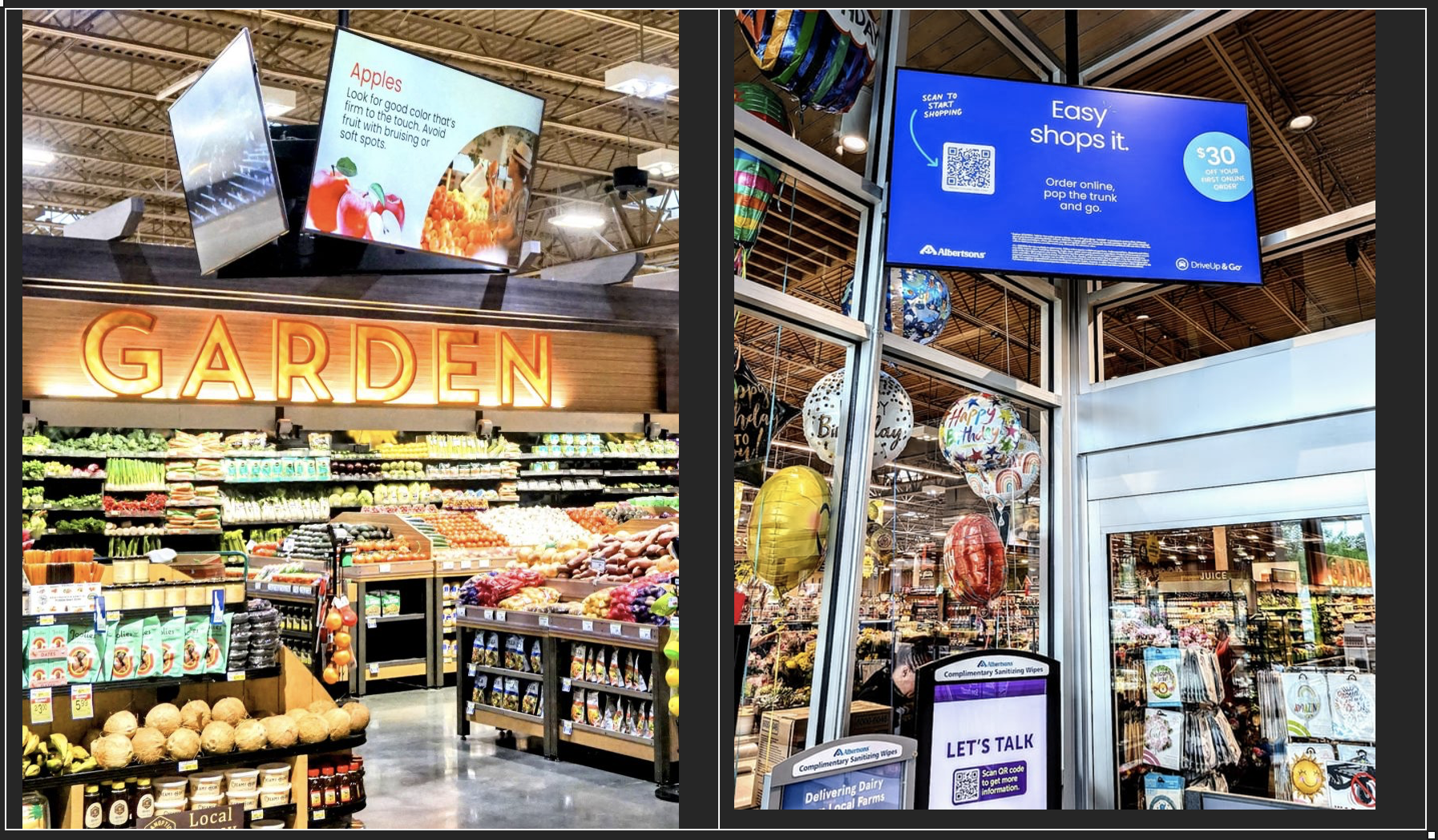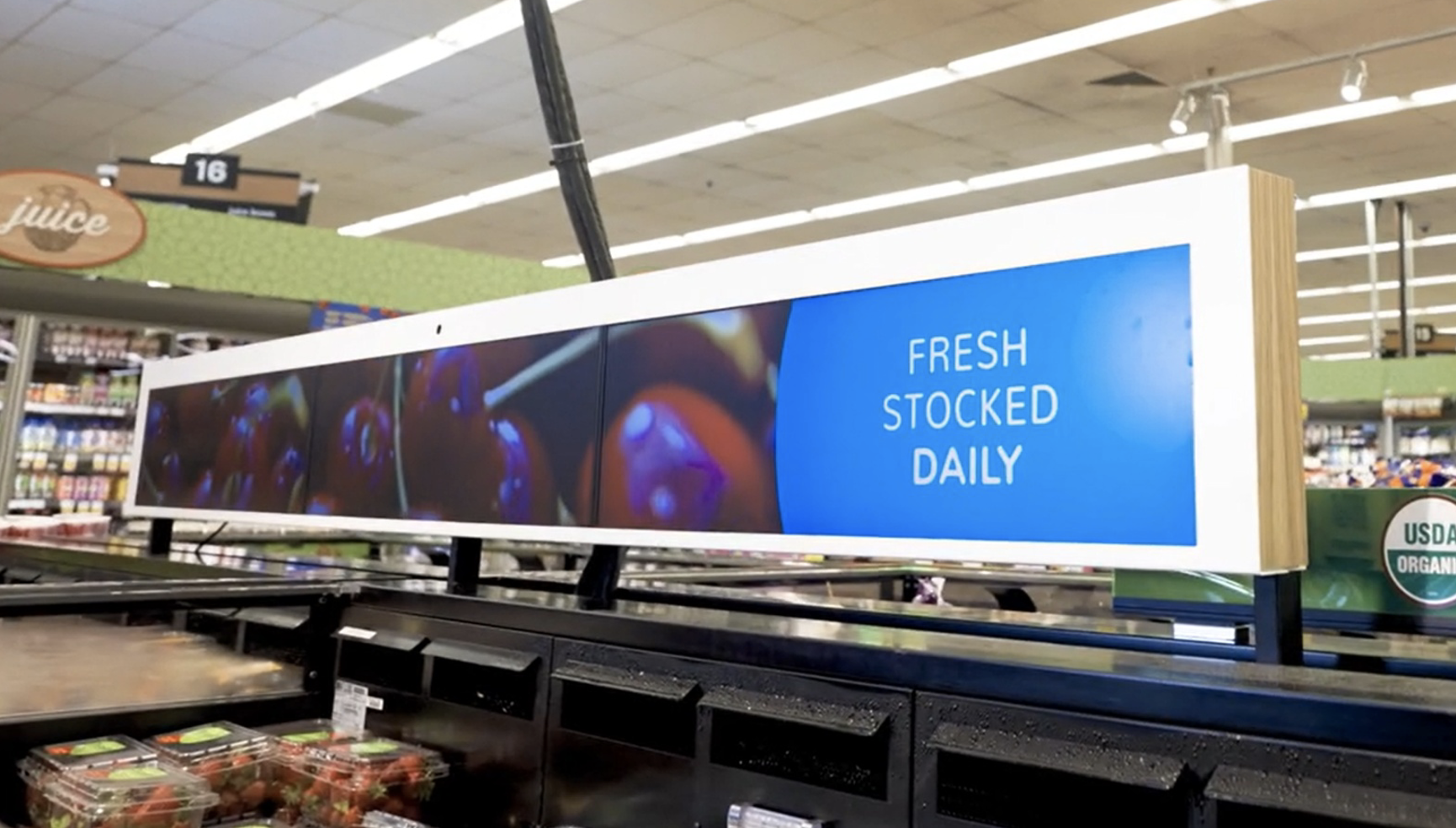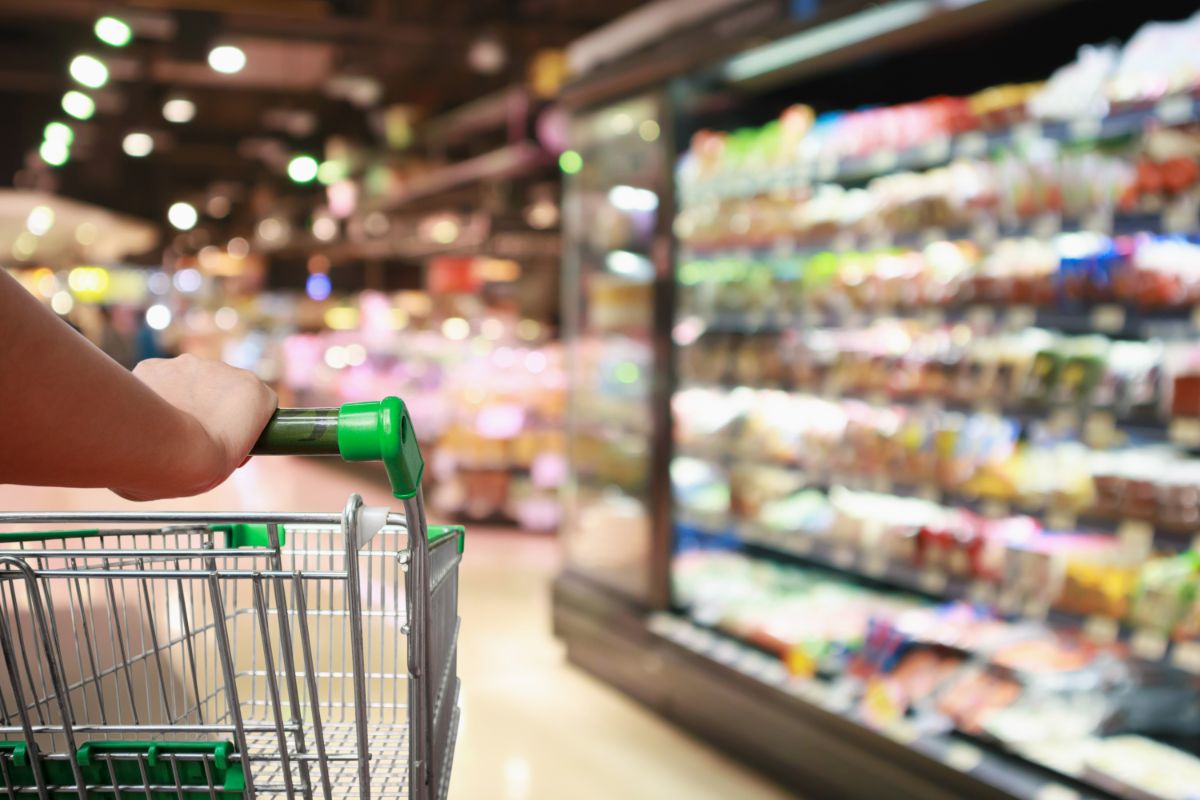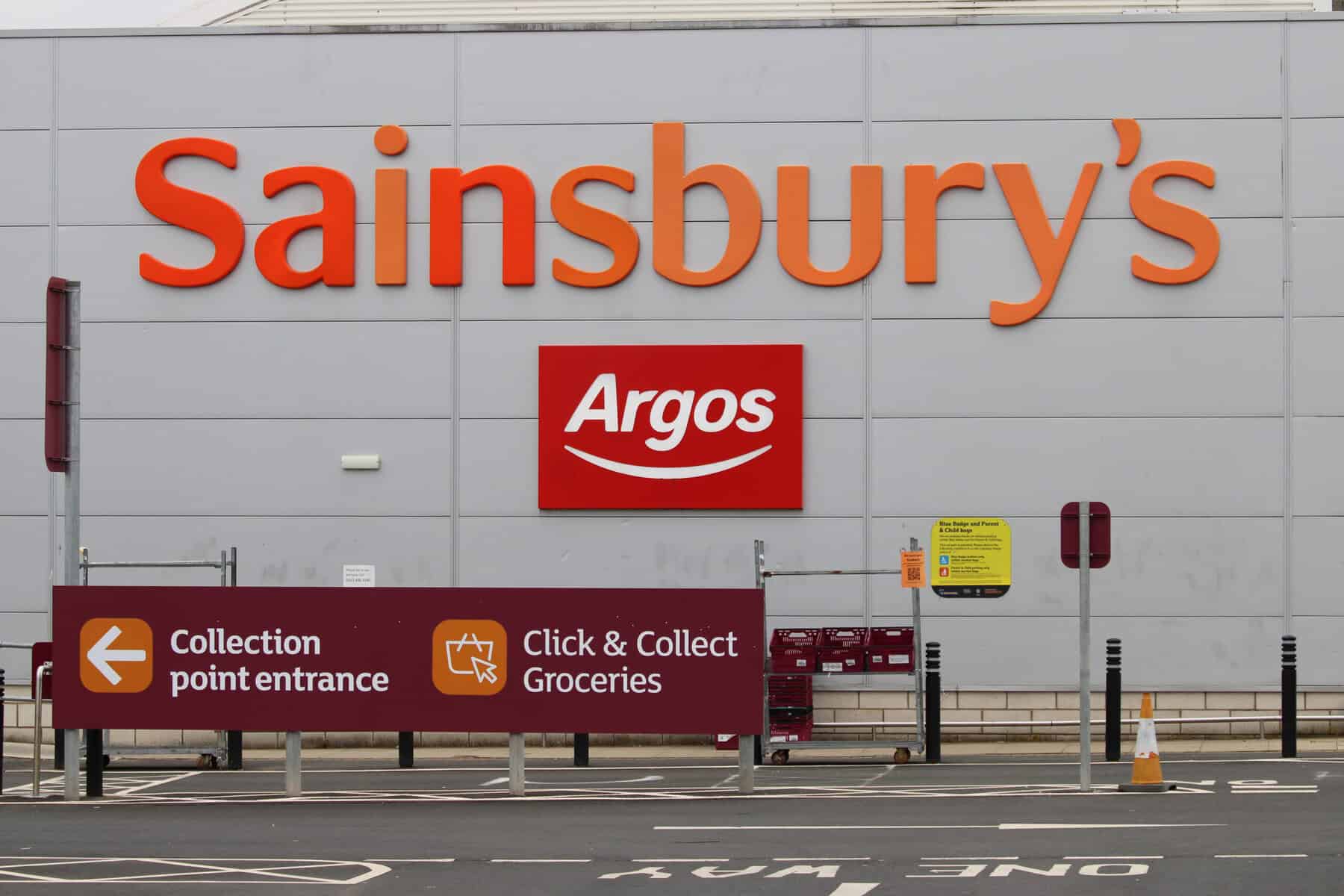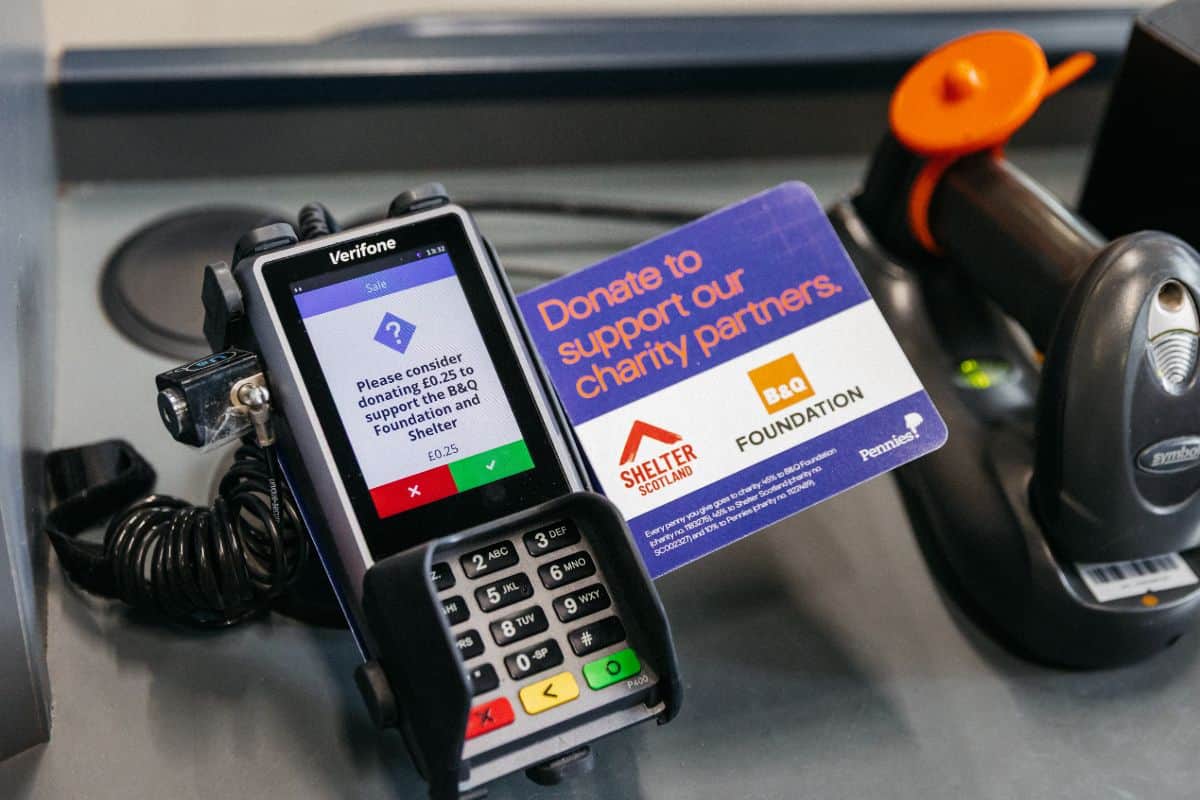There are many predictions of how the UK’s shoppers are likely to change their buying habits during the coronavirus pandemic – an event that Prime Minster Boris Johnson yesterday said was the “worst public health crisis for a generation”.
A change in buying behaviour seems very likely. Already we’ve seen such a change in China, where shoppers had to stay at home but bought food online after the outbreak hit in late January, and where many new and innovative ways of selling have emerged.
In the UK we’ve seen shoppers panic buying, fearful that self-isolation or school closures could be imminent – although this is not yet a reality for most – and predictions of lower footfall, while growth in online sales has been detected.
But what we feel or perceive might happen is often different from what does happen. RetailX researchers wanted to find out whether, and how, shoppers really are changing the way they buy – and have carried out a survey to find out.
The RetailX Coronavirus Consumer Confidence Tracker starts here with week one findings into how shoppers are adapting the way they buy in the light of the Covid-19 pandemic. Researchers will measure the change every two weeks in attitudes to Covid-19 and how that affects buying behaviours. The study was carried out online, via Pollfish, over the course of March 11 2020, and includes 1,000 responses from UK adults. Percentages are rounded to the nearest full number. Just over half of respondents (55%) were female, and 45% male.
RetailX founder Ian Jindal said: “We’ve designed the RetailX Coronavirus Consumer Confidence Tracker to help retailers and brands understand how shoppers feel now about Covid-19 virus, and how that is influencing the way they buy.
“We aim to give real insights into how customers want to be served at this time in a way that will help retailers to develop practical solutions that work and are relevant. We’ll be very interested to hear about how retailers and brands are responding to the pandemic. Sharing what works will benefit retailers and brands of all sizes and the industry as a whole.”
Attitudes to Covid-19
On the whole, shoppers believe the coronavirus pandemic will last for several months. More than three quarters (79%) say it will last for between one and 12 months, with 35% expecting it to be one to three months, and 44% expecting between four and 12 months, while 9% say it will be between one and two years. At the extremes, 3% say there is no public health issue, 5% say it will last less than a month and 3.5% say it will never return to normal.
How do shoppers buy – and how is their behaviour changing?
Most respondents were regular online shoppers, with only 4% who said they did not shop online. The largest group bought online more than 30 times a year (34%), followed closely by those who bought online between 16 and 30 times a year (24%), and those who bought six to 15 times a year (22%). A further 16% bought online between one and five times a year.
The survey took place on the day the World Health Organisation coronavirus was declared a global pandemic, although this was more widely reported the following day. Asked how the Covid-19 had affected their in-store shopping behaviour, 71% said they had not changed the extent to which they bought in physical stores, 21% said they had reduced their in-store shopping, 4.6% had increased in-store purchasing, and 3% had stopped buying in shops altogether.
More than three-quarters (78%) said they were shopping online for groceries to the same extent as previously following the outbreak, 14% are doing more of their grocery shopping online, 3.8% are shopping less, and 4% have stopped completely.
Some 86% are buying electronics equipment online to the same extent, while 7% are buying more, 5% less, and 3% have stopped altogether.
Most (83%) continue to buy clothes online at the same level as previously, while 10% are buying more, 5% buying less and 3% have stopped.
Just under three-quarters (73%) are buying takeaway food to the same extent, 7% are buying more, 11% less and 7.5% have stopped.
How are work and social behaviours changing as a result of Covid-19?
Eighty-three percent of respondents said they were going out to work to the same extent, while 3.7% are spending more time at work, 8.1% are spending less, and 4.3% have stopped going out to work. But while 62% are attending work events with more than 50 attendees, only 3% are doing that more often, and 20% have reduced the number of events they attended. Fourteen per cent have stopped altogether.
Three-quarters (76%) have made no change to how often they meet friends, 3.5% are meeting them more, 17.5% are doing so less often and 3% have stopped.
Six in 10 (61%) are going out for leisure activities such as football matches, cinema and theatre to the same extent. Four per cent are doing more of this, while 23% are doing less and 11% have stopped altogether.
Almost two-thirds were eating out at restaurants to the same extent as previously, while 3% are doing so more often, 20% less often and 10% have stopped altogether.
Looking to the future
Asked how they will shop when the outbreak is over, 59% say they have not changed the way they shop, 26% say they will shop as they did previously, and 14% say they will shop in the way they are now.
Find out more about the tracker and see all the graphs here.
Share your retail business or brand’s experience of coronavirus. How – and what – are your customers now buying? Has that changed, and how? How are you adapting to that? Get in touch at covid19@internetretailing.net
Main image: Fotolia
Graphic courtesy of RetailX
